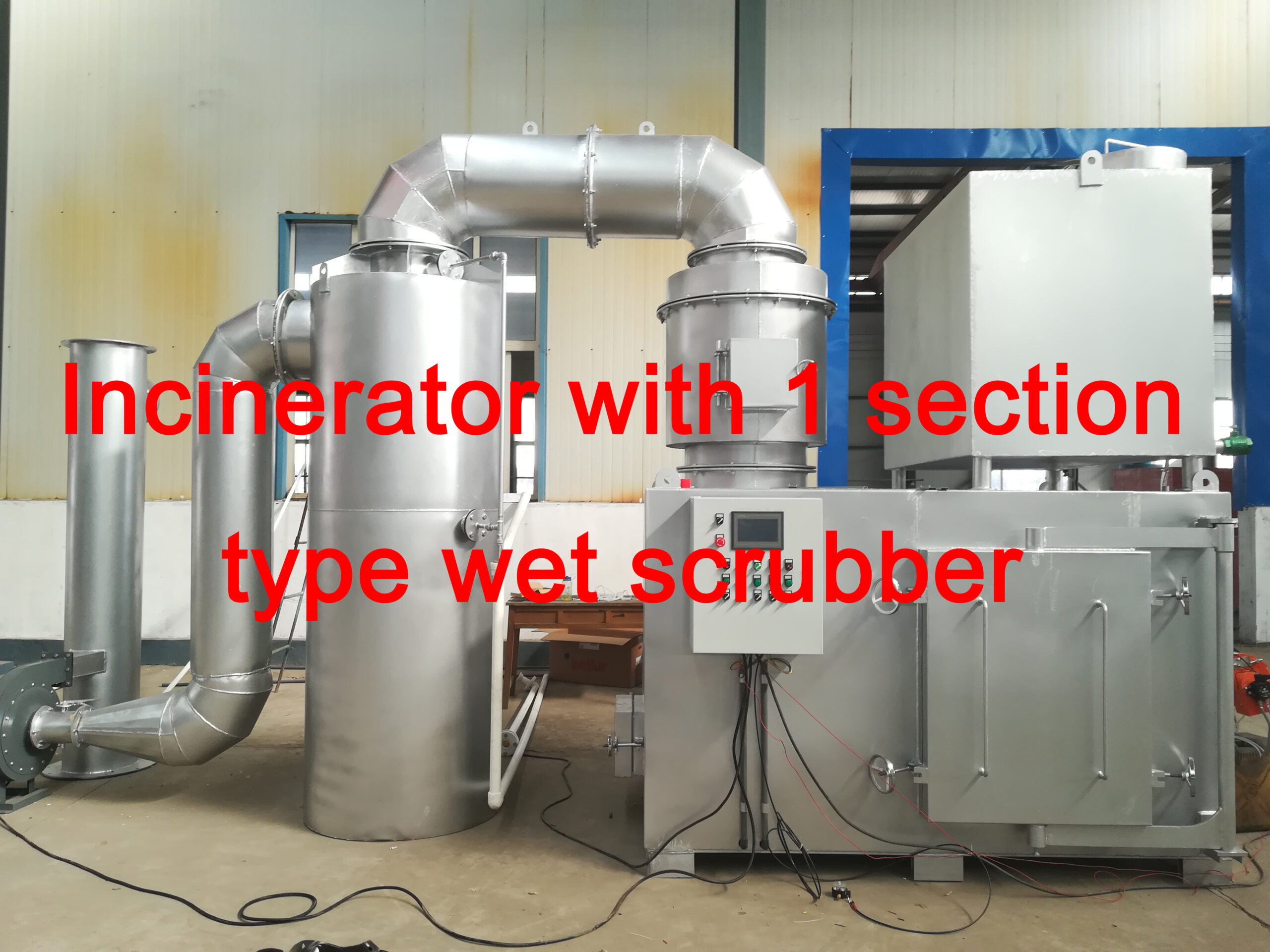Incinerators are a commonly used method of waste disposal, but they have also been the subject of significant debate and controversy due to their potential health risks and benefits. Examining the health risks and benefits of incinerators is important for understanding their impact on public health and the environment.
Incinerators are industrial facilities that burn waste to generate energy or reduce the volume of waste. While they can be an efficient way to manage waste and reduce the need for landfill space, they also pose several potential health risks.
One of the primary concerns with incinerators is the release of air pollutants such as dioxins, furans, and heavy metals. These pollutants can have serious health effects, including respiratory problems, cancer, and developmental issues. Additionally, the emissions from incinerators can contribute to air pollution and negatively impact the surrounding community’s air quality.
Furthermore, there are concerns about the disposal of ash residue from incinerators, which may contain toxic substances and require careful management to prevent environmental contamination.
On the other hand, proponents of incinerators argue that modern incineration technologies can effectively control emissions and minimize the health risks associated with waste incineration. By treating the flue gas and using advanced pollution control equipment, incinerators can significantly reduce the release of harmful pollutants into the environment.
Additionally, incinerators can generate energy from waste, which can contribute to the reduction of greenhouse gas emissions and the promotion of sustainable energy sources. This can be especially beneficial in areas where landfill space is limited and alternative methods of waste disposal are impractical.
It is essential to consider the overall benefits and risks of incinerators when evaluating their impact on public health. Properly designed and regulated incinerators can effectively manage waste while minimizing the health risks associated with air and water pollution.
In conclusion, examining the health risks and benefits of incinerators is crucial for making informed decisions about waste management. While incinerators have the potential to reduce the volume of waste and generate energy, they also pose significant health risks if not properly managed and regulated. To minimize the impact on public health and the environment, it is essential to implement strict regulations and invest in advanced pollution control technologies for incineration facilities. Additionally, promoting waste reduction and recycling can further reduce the need for incineration and minimize its potential health risks.



